Who is a biologist and how do you become one?
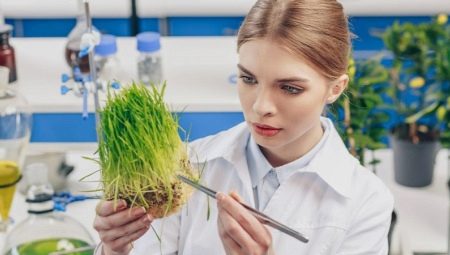
Biology is very often called the science of wildlife. Specialists whose professional activities are related to this area are biologists. But this is only a general name for the profession, because, depending on the direction, a specialist can be a zoologist, virologist, or geneticist. To obtain the appropriate qualifications at the initial stage, a certain temperament is required, as well as a higher specialized education.
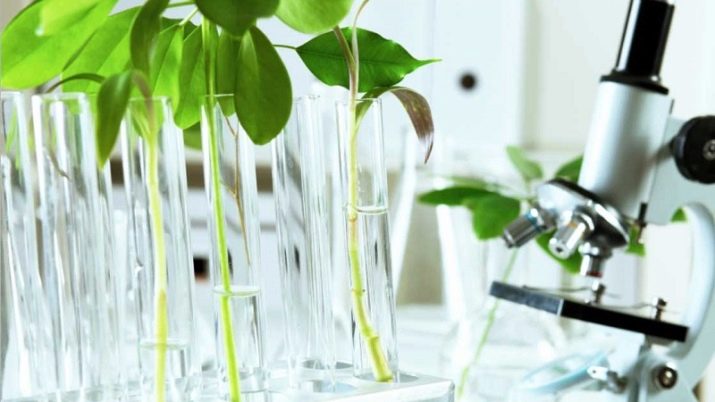
Who is that?
A biologist is a generalized description for many specialists who study the environment, as well as living organisms. The main feature of the profession is that at a certain stage of training a person will have to choose a specialization in which he will continue to work. If a bias is made in the study of human physiology and anatomy, a specialist can carry out his professional activities in this area. Zoologists work with the anatomy and physiology of animals, study their behavior, the structure of the body.
Geneticists are interested in the structure of genes, study their functions in the body, are engaged in breeding new animal breeds and creating new plant species. A related profession is a biologist-chemist. Often, specialists of this level study the chemical processes occurring at the molecular level and are engaged in the creation of new drugs. Virologists who study bacteria, viruses, and the diseases that they cause when entering a living organism are close to them.
Having received a specialized education, one can be not only a scientist. If you want to work in direct contact with people, you can choose the specialty of a laboratory assistant and work in healthcare. Dendrological experts study trees and other flora. Oceanologists study marine life and everything related to it. In fact, there are a lot of directions.
Specialists and researchers of this level are very useful to society, since their activities are aimed at developing nature, preserving human health, and developing new drugs.

Pros and cons of the profession
Like other professions, this one has many advantages and disadvantages. The positive aspects include such.
- Interesting work activity that is of great social importance.
- A unique opportunity to positively influence the state of the environment.
- Having gained enough experience in one direction, you can easily retrain into the related specialty you like.
- As part of their professional duties, biologists have a unique opportunity to travel.
The advantages undoubtedly include high wages (subject to certain conditions). If a person decides to connect his life with science, and in the course of his work manages to make some significant discovery, he will receive not only a prestigious award, but also public recognition. This is also important.
If we talk about the shortcomings of the profession, the following can be noted.
- The need for regular study of a large amount of information.
- When conducting scientific research, a person will often have to leave home, as well as come to terms with life in the field.
- In rank-and-file scientific and environmental organizations, the salaries of scientific workers are relatively low. But there is a caveat - you can always develop and come to the creation of your own laboratory. It all depends on the capabilities and desires of the person himself.
- Specialists in some areas have a fairly high level of responsibility. This, first of all, concerns such professions as virologist and geneticist.
But if a person really wants to connect his life with science, then these disadvantages of the profession will seem to him not so significant.
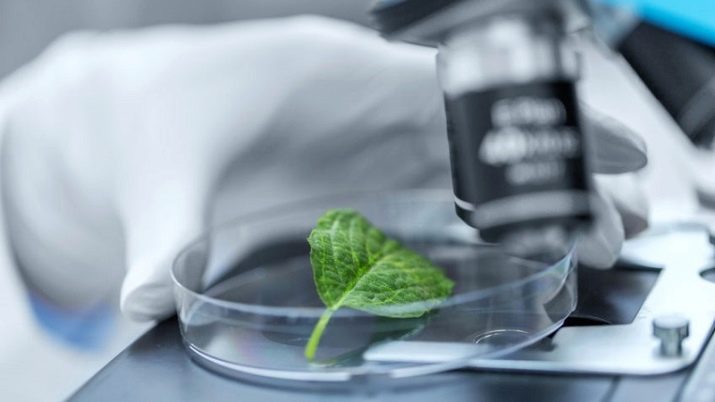
What does he do?
Depending on the chosen specialization, as well as the specifics of the organization in which a person will get a job, a job description will already be developed for him on the spot. But the general responsibilities of a biologist include the following.
- Organization and implementation (sometimes in the field) of scientific research.
- Conducting excursions and introductory lectures in nature protection complexes.
- Creation and further implementation of landscape projects for landscaping and organic improvement of the area, for example, parks, courtyards.
- Monitoring compliance with the established rules and regulations related to environmental protection.
- Implementation of teaching activities in the chosen profile in schools and other educational institutions.
These are only general designations of what a biologist does in the course of his professional activity. In addition, every day he performs many tasks assigned to him, corresponding to his qualifications.
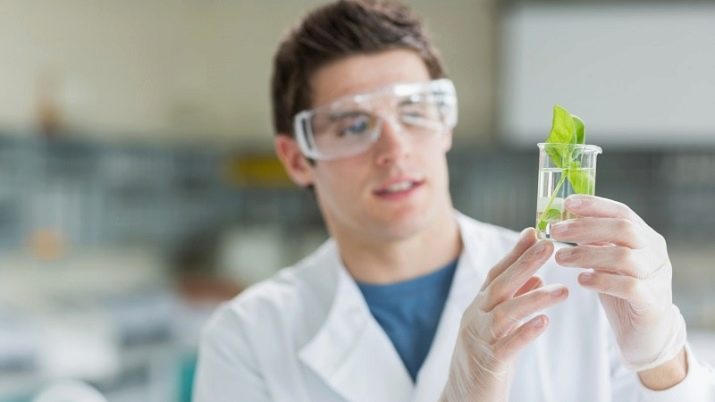
Requirements
The basic requirements for the professional data of a biologist are spelled out in such a documentary act as a professional standard. So, a biologist should know the following.
- Laws and other regulations stipulated by the legislation of the Russian Federation.
- Organization of the activities of clinical and research laboratories.
- Fundamentals of Labor Law.
It is also important for a biologist to comply with ethical standards, which he should be guided by when conducting scientific research. If these norms are not observed or even minor violations are committed in them, the current situation will be examined by the ethics committee. In some cases, a person may face not only administrative, but also criminal liability.The latter is provided only in cases where the unprofessional actions of the biologist entailed a threat to the life and health of an individual or society as a whole.

Personal qualities
In order to become a competent specialist in the field of biology, a person must have a number of personal qualities. The most important of these are:
- good memory;
- Analytical mind;
- creative inclinations;
- speed reaction.
At work, a biologist will benefit from good sensory abilities, that is, the ability to quickly respond to odors, pick up sounds, and visually control the process. A good biologist must be calm, hardworking and persevering.
It is important to be constantly in good physical shape, not to have chronic diseases, and most importantly, a person should not have allergic reactions to anything. A good specialist needs to have a desire to constantly learn and develop further, because every day science "steps" forward. To lag behind this trend is not enough to pay attention to the profession.
There is one more important point - a scientist needs to be emotionally stable. Indeed, sometimes in the course of work you will have to conduct experiments, for example, inject some drugs into mice and observe the reaction. Sometimes in the course of such studies, the animal may die. If a person is emotionally unstable, he can take it personally. With this kind of character, you need to either choose the right direction, or conduct purely teaching activities.
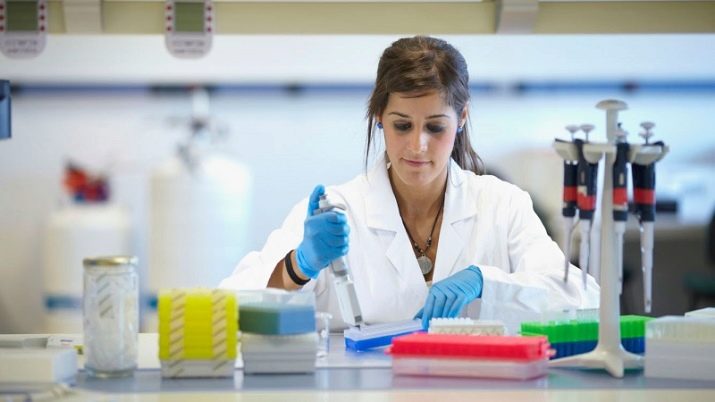
Professional skills
The professional skills of a biologist again depend on the specialization he has chosen. But in the general sense, a professional must have sufficient knowledge in the field of botany, biotechnology, zoology, genetic engineering and medicine. He should also be able to:
- collect the necessary information, analyze it correctly and present it in the form of statistical data;
- you need to be able to quickly calculate the data obtained;
- navigate the current legislation;
- easy to find a common language with people;
- to act promptly in the current critical situation;
- the ability to easily handle animals, not afraid of them.
All these skills can be obtained both in the course of practical activity and at the stage of education.

Education
A biologist is a specialist with a higher education degree in a given field. It must be a biology profile with a code 06.03.01. For admission, you will have to take the exam in subjects such as:
- Russian language;
- maths;
- biology;
- chemistry.
A bachelor's level in this specialty can be mastered in just 4 years. Then you can continue your studies in order to get a master's degree. But in this case, you will have to spend an additional 1-2 years on study. There are many educational institutions in Russia that train specialists in the field of biology in various fields. The most popular among applicants are the following.
- Moscow State University M.V. Lomonosov. This is one of the most prestigious educational institutions. You need to enter the Department of Biology of Moscow State University, and there you have to choose a faculty, depending on the desired direction.
- Peoples' Friendship University of Russia (RUDN). There is also a biology department here.
- Moscow University for the Humanities, Moscow State University.
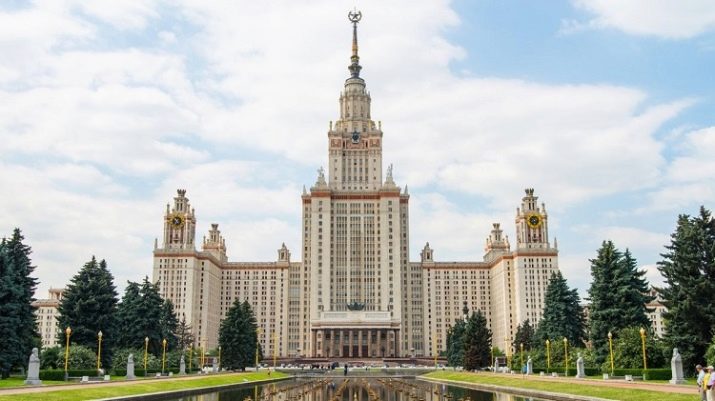
This is a list of educational institutions located in Moscow. There are also quite good universities in the regions. Among them are the following.
- Orengburg State University. There you need to choose the Faculty of Chemistry and Biology.
- Ural Federal University named after the first President of Russia B. N. Yeltsin.
- Ivanovo State University.
- In St. Petersburg, you can enroll in SPbGAVM or SPbSU.
But getting just one higher education diploma in such a profession is not enough.Since science tends to develop, then scientists also need to constantly improve the level of their own professional qualifications. For this, institutions licensed to provide educational services conduct special courses.
Of course, you can choose the place of advanced training yourself. But as an example, it should be said about the MAEE. This institution regularly conducts professional retraining courses in the direction of "Biology". Their duration, in most cases, does not exceed 3 months.
Courses are paid for. Upon completion, the specialist is issued a diploma or certificate.

Place of work and salary
The biologist's place of work again depends largely on the chosen direction. First of all, it can be teaching at school, as well as in other educational institutions. If a person decides to associate life with science, he will have to work in research institutes. You can also get a job in various parks, museums and reserves, environmental organizations, laboratories, pharmaceutical companies, veterinary clinics. When it comes to how much a biologist earns, there are many factors to consider. In Russia, the level of wages ranges from 15 to 45 thousand rubles. Moreover, in Moscow and St. Petersburg, such specialists receive from 30 to 55 thousand rubles. In the regions, the average salary level is slightly lower. There, employees are paid from 15 to 35 thousand rubles.
Salary depends not only on the region of employment, but also on the level of the organization itself, in which labor activity is directly carried out. It is worth taking into account the level of education of a specialist, as well as his work experience in specific positions. The highest income can be obtained if you work as the head of an organization specializing in environmental protection and research activities. You can also become the founder of your own laboratory. Here income depends on the level of work.
A biologist is not only a well-paid, but also quite an interesting specialty. If a person has the necessary knowledge, as well as the appropriate disposition of character and mind, he can build a good career in this area.









